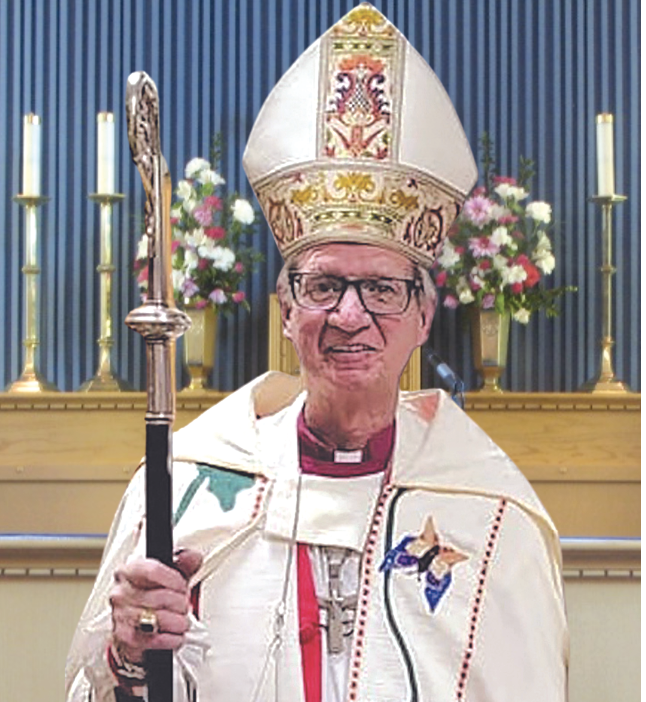Prior to attending the Lambeth conference this year, one of the many books I read in preparation was “Walking Together, Global Perspectives on Reconciliation,” published by the Anglican Communion.
As a bishop, I certainly have been immersed in our own Canadian stories that share many different perspectives of just what reconciliation means or does not mean to many. This book is a sharing of stories from other contexts. I needed to read it.
In the foreword to this book, our Archbishop of Canterbury, Justin Welby, writes of a trip he made to Palestine. While there he listened to a short speech given by an elder. She told a story of what we now know as Kindertransport (Children’s Transport)—a number of rescue efforts between 1938 and 1940, which brought thousands of refugee children, the vast majority of them Jewish, to Great Britain and allied nations, away from Nazi Germany.
Many were sent to remote areas in Israel to live. They had very little; no electricity, the poorest of soil in which to grow food, no sanitization, isolation, and fear. They were children, on their own.
At one point in the narrative, when she was reflecting on her life, this lady stopped and looked at everyone present. Let me quote from the book:
The thing is, one day, it suddenly dawned on us that our children were missing something. They did not know the words for Grandpa, Grandma, Auntie, Uncle. Because they had none. They were all dead. We were alone.
When I read this, I sat in silence for quite some time. I had to reflect on this and write; but what do I have to offer?
Many us who live within the influences of prosperity are blinded to the contexts of others. How could it be any different? You can’t speak with wisdom into that which you don’t understand because it has not been your experience. You can’t give what you don’t have.
As this year ends, we will continue to be surrounded by stories of historical damage done, dignity stolen, injustice, and hatred. We will see examples of people hiding behind all sorts of rationalizations of ego and religion to hang onto…what?
Surely no one will deny that there is a great need for reconciliation everywhere.
I hope so. It’s so important though, that somehow we grasp an understanding that there is no “Reconciliation or Reparation Package” that will make this “thing” go away.
It is as much an impossible task as it is an essential one.
I am reminded of St. Paul’s words as I write my own. In 1 Corinthians 13: 12: “For now we see in a glass, darkly; but then face to face: now I know in part; but then shall I know fully even as also I was fully known.”
It is not a complicated passage. First, remember that in the time of Paul, glass or mirrors were made of pretty basic and coarse material. No image returned to the viewer of them could be clear. Paul says, we do not understand more than just a little. Some day, by God’s Grace, we will understand. What will that understanding be like? It shall be as deep and wide as the certainty that God knows each of us fully.
In 2 Corinthians 5 we are told that we are to be ambassadors for Christ.
An ambassador is a person who represents good will. They go without authority, assuming no special wisdom. It is by love, listening, sharing, and generosity that their work is accomplished. In verse 20 we read: “We are therefore Christ’s ambassadors, as though God were making his appeal through us.”
I declare myself first a student of healing and reconciliation. I promise to listen, pray, learn, and treasure the stories wounded people share with me.
With our Archbishop of Canterbury I say: ”…the reality of the Cross: reconciliation is hard, painful, and, actually not very pretty to witness in progress.
May God help us all, regardless of our story, begin and continue to walk and struggle together toward the kingdom where reconciliation awaits.
Amen.
+John, Central Newfoundland




